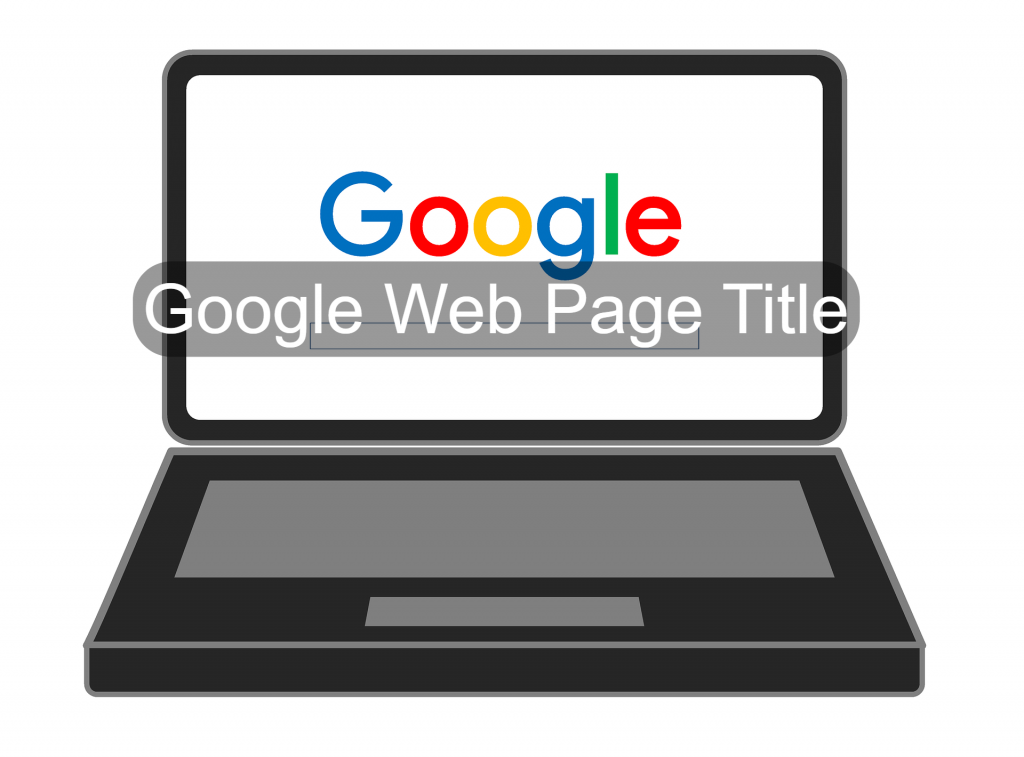After the Link Spam Update that happened last month, Google has officially confirmed that it is updating the way it generates web page titles in search results. What is this update all about? Let’s find that out. I will be explaining everything you need to know about this web page title update. Let’s jump right into it

Google Web Page Title Update
The new way Google is generating web page title tag is dynamic. It will respond to changes to HTML tags.
Here is an official tweet by Google Search Central:
Danny Sullivan said he believes this new system of web page title tag will be dynamic.
“I’ll have to check by I believe it’s all fairly dynamic and reactively to changes. I’ll also reiterate what we said in the post. We’ve already made some refinements and plan more.”
In other words, the replacement text that Google chooses for web page titles is not impossible to change. When you modify page’s HTML title tag, Google will take the updated text into consideration and will react accordingly.
Google’s Danny Sullivan confirms that Google is updating the way it generates web page titles in search results
“Last week, we introduced a new system of generating titles for web pages. Before this, titles might change based on the query issued. This generally will no longer happen with our new system. This is because we think our new system is producing titles that work better for documents overall, to describe what they are about, regardless of the particular query.”
SEO experts also observed that Google is in fact replacing web page titles with other on-page text
“Also, while we’ve gone beyond HTML text to create titles for over a decade, our new system is making even more use of such text. In particular, we are making use of text that humans can visually see when they arrive at a web page. We consider the main visual title or headline shown on a page, content that site owners often place within <H1> tags, within other header tags, or which is made large and prominent through the use of style treatments.”
Google will consider the other texts contained in the page when replacing web page titles. The search engine may also consider using text within links pointing at pages.
Now the question arises, why is Google using more than HTML title tag text?
If the page’s HTML title tag does not adequately describe what it is about, Google may consider using other text. Danny says title tag don’t always describe a page because they can be either-
- Studded with keywords
- Too long
- Not have any text
Danny said in a statement-
“Overall, our update is designed to produce more readable and accessible titles for pages. In some cases, we may add site names where that is seen as helpful. In other instances, when encountering an extremely long title, we might select the most relevant portion rather than starting at the beginning and truncating more useful parts.”
This does not in any way make optimizing HTML title tags any less important. So, if you are wondering whether it’s still worth your time to create unique titles for your pages, the answer is yes. Don’t leave everything on Google. Danny says original HTML title tags will still be in use over 80 percent of the time. After the testing, Google claimed this update will produce titles that are easier to read and preferable to searchers compared to the old way of generating titles.
Related article: You can now add status updates in Gmail Chat
Final Thoughts
The internet community is saying that this algorithm update was not thoroughly tested. Many are saying that this update has been rushed too quickly. Well whatever is true, the matter of the fact is that Google has confirmed the update officially. Now, we can only see what implications this update has on different website across the internet. Rest we can only assume.
For more updates, stick around!



